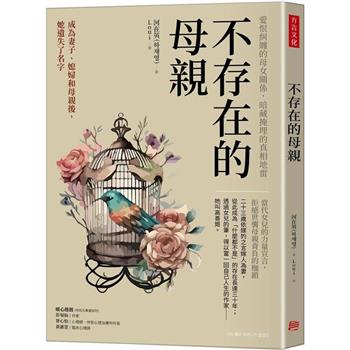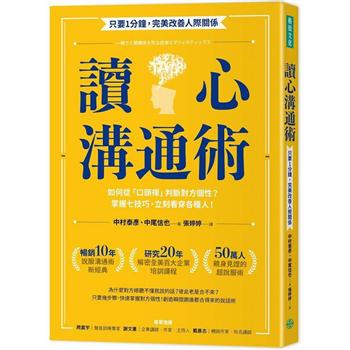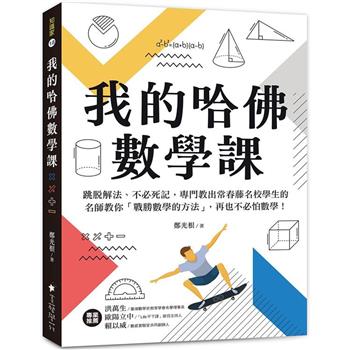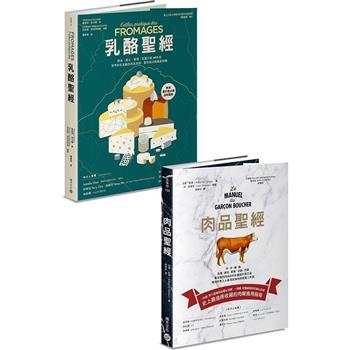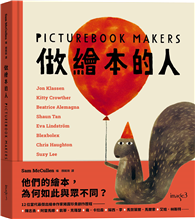"The Correspondence Between the Earl and Countess of Jersey and the Rev. Dr. Randolph, Upon the Subject of Some Letters Belonging to H.R.H. the Princess of Wales" offers a fascinating glimpse into a delicate and potentially scandalous situation within the British royal family during the late 18th century. This collection of letters sheds light on the concerns and communications surrounding letters attributed to the Princess of Wales. The Earl and Countess of Jersey, figures of considerable social standing, engage in correspondence with the Rev. Dr. Randolph, likely seeking his counsel or intervention in managing the repercussions of these letters.
This volume provides valuable insight into the social and political dynamics of the era, the role of the aristocracy in mediating sensitive matters, and the challenges faced by members of the royal family. It serves as a primary source for understanding the complexities of courtly life and the ever-present scrutiny faced by those in positions of power. Scholars and enthusiasts of British history, royal studies, and epistolary literature will find this a compelling and informative read.
This work has been selected by scholars as being culturally important, and is part of the knowledge base of civilization as we know it. This work was reproduced from the original artifact, and remains as true to the original work as possible. Therefore, you will see the original copyright references, library stamps (as most of these works have been housed in our most important libraries around the world), and other notations in the work.
This work is in the public domain in the United States of America, and possibly other nations. Within the United States, you may freely copy and distribute this work, as no entity (individual or corporate) has a copyright on the body of the work.
As a reproduction of a historical artifact, this work may contain missing or blurred pages, poor pictures, errant marks, etc. Scholars believe, and we concur, that this work is important enough to be preserved, reproduced, and made generally available to the public. We appreciate your support of the preservation process, and thank you for being an important part of keeping this knowledge alive and relevant.

